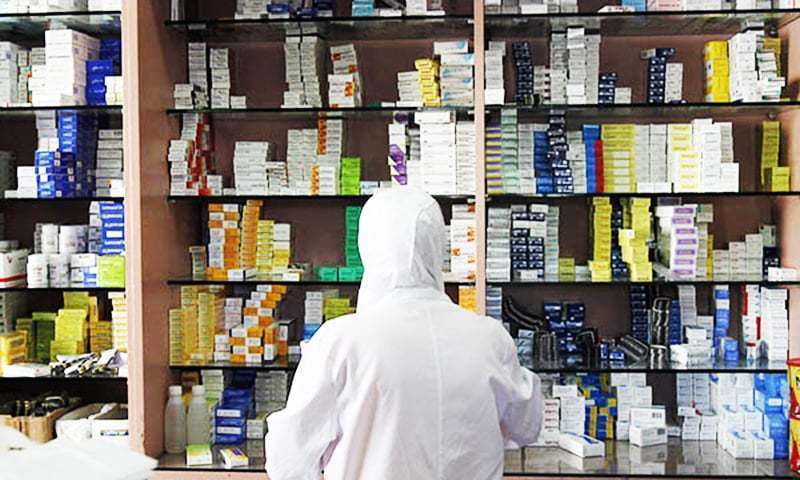In a concerning development, 95% of pharmacies and medical stores, along with half of the hospitals in Pakistan, are operating without qualified pharmacists. This alarming disclosure was made during the Medication Safety Conference held in Karachi, where healthcare experts and professionals highlighted critical gaps in the country’s health sector.
Drug Regulatory Authority of Pakistan (DRAP) CEO Asim Rauf emphasized the essential role of pharmacists in preventing medication errors, stating that doctors are not trained to identify such mistakes. “No hospital or pharmacy should function without pharmacists,” he stressed, adding that measures are underway to ensure safer medication practices in accordance with World Health Organization (WHO) guidelines.
Rauf also urged healthcare workers to report adverse drug reactions to enhance pharmacovigilance and reduce fatalities caused by medication errors.
Jamshed Ahmed, Director of Alkhidmat Pharmacy Services, criticized the state of pharmacies, noting that 95% are run by untrained staff, likening them to grocery stores. This lack of professionalism often results in the dispensing of incorrect medicines, with fatal consequences.
Former AKUH Pharmacy Services Director Abdul Latif Shaikh pointed out the risks associated with handwritten prescriptions, where errors in deciphering doctors’ notes lead to incorrect medications being administered. He also called for improved raw material quality in drug manufacturing and encouraged error reporting without fear of legal repercussions.
Participants, including senior physicians like Professor Abdul Malik and Dr. Azeemuddin, stressed the critical need for mandatory staffing of pharmacies and hospitals with trained pharmacists to reduce medication errors and save lives.
Proposing a one-year paid internship program for pharmacists, Dr. Saqib Ansari, Director of Medical Services at Alkhidmat, noted that pharmacists have proven to reduce hospital mortality rates by assisting doctors in medication management.










